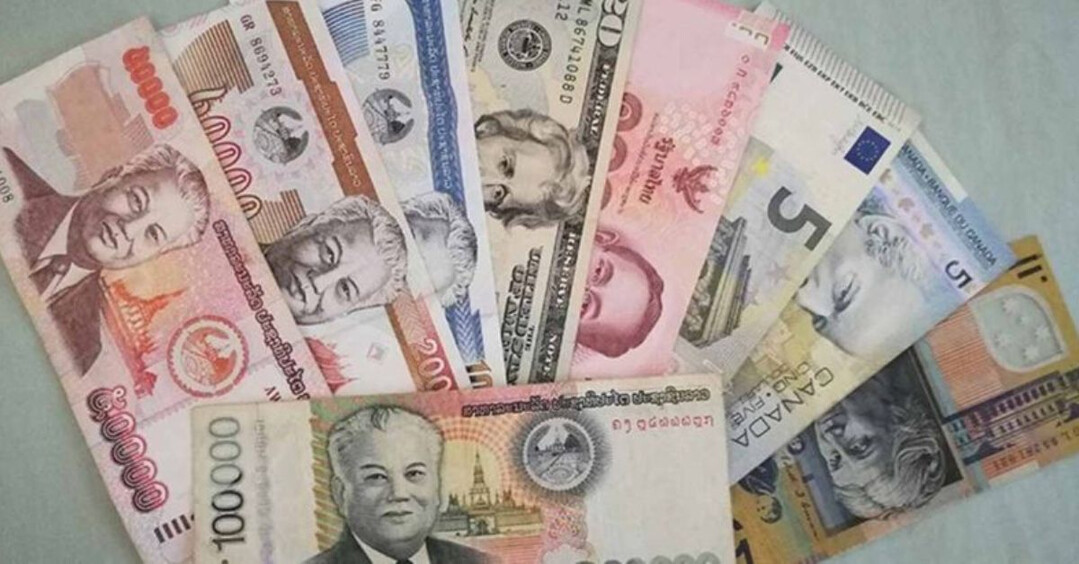
WASHINGTON D.C./BRUSSELS – A significant escalation in transatlantic trade tensions has erupted following former U.S. President Donald Trump's announcement of a sweeping 25 percent tariff on a range of European imports, including automobiles. The move has triggered a wave of condemnation and pledges of swift retaliation from European leaders, signaling a potentially damaging trade war between two of the world's largest economies.
Trump, speaking at a White House cabinet meeting, accused the European Union of "taking advantage" of the United States by erecting barriers to American cars and agricultural products. This claim has been vehemently rejected by European officials, who point to the substantial profits that U.S. businesses derive from their investments in Europe's vast single market.
"The European Union, through its integrated market, has facilitated trade, reduced costs, and harmonized standards, creating a highly profitable environment for U.S. investments," stated European Commission spokesperson Olof Gill during a press briefing.
The European Commission has made it clear that it will respond "firmly and immediately" to what it deems unjustified trade barriers. European Parliament President Roberta Metsola, speaking in Washington, emphasized the shared values between Europe and the U.S. and cautioned against the dangers of isolationism. "We are prepared to defend fair trade," she stated.
France and Spain have echoed the EU's stance, with French Economy Minister Eric Lombard, attending the G20 finance ministers' meeting in Cape Town, calling for "firm and proportionate" countermeasures. French Defense Minister Sebastien Lecornu emphasized the need for an immediate and proportionate response to protect European interests.
Spanish Prime Minister Pedro Sanchez condemned Trump's tariffs as an attack on European economic sovereignty, reaffirming the EU's commitment to multilateralism and open trade. He also directly refuted Trump's claim that the EU was "formed to screw the United States," highlighting the significant contributions of European investment to the American economy.
Polish Prime Minister Donald Tusk took to social media platform X to reinforce the EU's position, stating that the EU was established to foster peace, respect, and fair trade, not to undermine any nation.
Italian Minister of Enterprises and Made in Italy, Adolfo Urso, expressed deep concern over the escalating tensions, stressing the importance of avoiding a trade war that would divide the West. However, Italian industrial leaders, led by Confindustria President Emanuele Orsini, have called for a more robust response, accusing Trump's policies of aiming to deindustrialize Europe. Orsini described the situation as a "dark hour" for Europe and criticized the EU's initial response as insufficient.
The tariffs, which target a wide array of European goods, including automobiles, agricultural products, and manufactured goods, have raised fears of significant economic disruption. Analysts warn that a full-blown trade war could lead to higher prices for consumers, job losses, and a slowdown in global economic growth.
The EU is currently evaluating a range of retaliatory measures, including tariffs on U.S. goods and legal challenges at the World Trade Organization. The coming weeks will be crucial in determining whether the two sides can find a path to de-escalation or if the world is headed for a protracted and damaging trade conflict.
[Copyright (c) Global Economic Times. All Rights Reserved.]




























